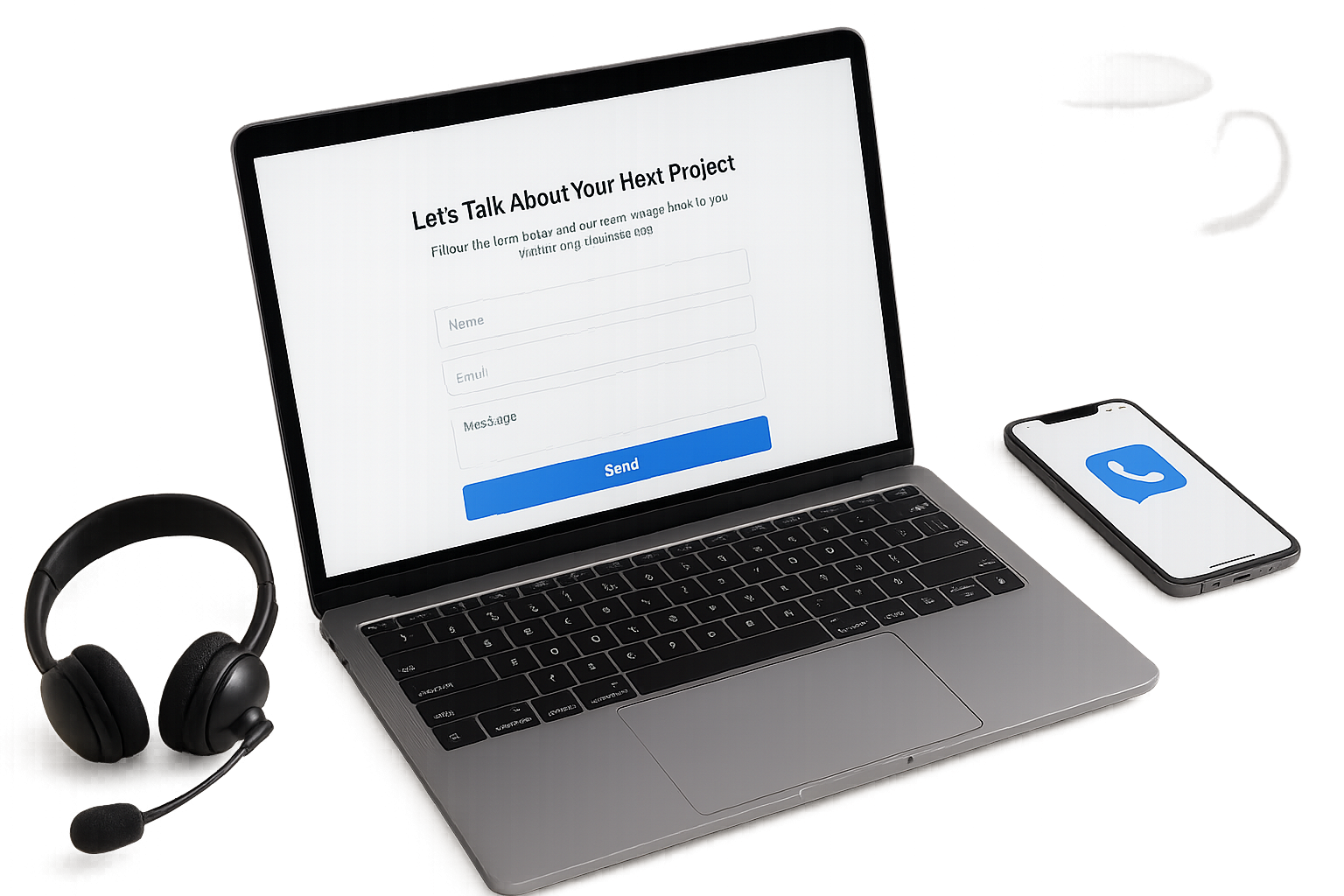Discover Custom Python Website Parsers: How to Configure Them and Understand Their Costs

What is a Website Parser? Understanding Its Role in Modern Data Extraction

Have you ever wondered how some companies can quickly extract information from websites and use it to their advantage? Thats where a website parser comes into play! ⭐ But what exactly is it? Simply put, a website parser is a specialized tool or software that scans a webpage, extracts relevant data, and structures it for easy access and analysis. This tech is invaluable for a variety of businesses and applications, ranging from price comparison sites to data analysis and digital marketing.
What Does It Mean to Parse a Website?
When we say "to parse a website," were talking about the process of analyzing the content of a web page to extract specific bits of information. Think of it like going through a book and extracting only the chapters you want to read. For example:
- ⭐ A fashion retailer might want to parse competitor websites to check their prices and stock availability.
- ⭐ A market research firm may need to gather reviews and mentions of products across various platforms.
- ⭐ A real estate agency could extract data on property listings to update their inventory efficiently.
These scenarios show how parsing websites can offer critical insights that enable better decision-making across various sectors. Helping you save time and resources? Thats what were here for!
How Does a Website Parser Work?
The nitty-gritty of a website parser involves several key steps:
- Identifying the specific webpage to be parsed.
- Downloading the webpages content (HTML).
- Utilizing algorithms to identify the data points of interest.
- Extracting and structuring that data for use in applications.
One common method is using tools like Python libraries (for those tech-savvy users), which can help create a custom Python website parser to meet specific needs.
You might be asking, "How much does a website parser cost?" Well, the price can vary based on the complexity and requirements of your project, but with Nexrilos experience of over 20 years in IT solutions, we guarantee to provide cost-effective options tailored to your business.
Real-Life Examples of Website Parsing
Lets dive into some real-life scenarios where website parsing made a difference:
- ⭐Case Study 1: A local bakery was losing customers due to competitors offering better prices. By parsing competitors’ websites, they were able to reduce their prices strategically and recapture their market share.
- ⭐Case Study 2: A small e-commerce brand wanted to enhance its marketing strategy. They used a website parser to gather feedback and reviews from their products, tailoring their campaigns based on customer insights.
Statistics That Impress
Here are some eye-opening stats about data extraction through website parsers:
| Statistic | Value |
| Time saved through automation | Up to 80% |
| Cost reduction by using parsers | 50% or more |
| Data accuracy improvement | 90%+ |
| Users engaging with data-driven decisions | 75% of businesses |
| Increase in market competitiveness | 60% within 6 months |
| Frequency of website data updates | 2-3 times a week |
| Average project execution time | 2-4 weeks |
| Businesses using automated scraping solutions | Over 50% worldwide |
| Reduction in manual data entry errors | 80%+ |
Expert Advice on Website Parsing
When it comes to configuring parsing, here’s a nugget of wisdom from our team of professional specialists: make sure to define your goals upfront. Are you looking to extract data for re-marketing, competitive analysis, or trend identification? A clear objective will help streamline your logic when setting up the parser.
If you feel overwhelmed or need a helping hand, call our customer relations manager Ecaterina at [email protected]. Why juggle with multiple IT firms when you have all services available at one place with Nexrilo? From custom parsers to technical support, our company specializes in all the tech solutions you need! ⭐
Ready to enhance your data extraction capabilities with a custom solution? Reach out today via nexrilo.com or give us a call! Dont miss out! ⭐
Frequently Asked Questions
-
What is a website parser?
A website parser is software that extracts and structures data from web pages. -
How does website parsing work?
It involves identifying web pages, downloading content, and using algorithms to extract data. -
What does it mean to parse a website?
To analyze a webpage for specific data extraction purposes. -
How to configure parsing?
Define your goals and use programming tools appropriately. -
How much does a website parser cost?
Costs vary; consult with us for customized pricing. -
Can I create a custom Python website parser?
Yes, we provide services to build tailored parsers using Python. -
What industries benefit from website parsing?
Retail, real estate, marketing—just to name a few! -
Is data extraction legal?
Yes, as long as you follow legal guidelines and terms of service. -
How accurate is data obtained through parsing?
With the right tools, you can achieve over 90% accuracy! -
Can website parsing help in SEO?
Absolutely! By understanding market trends, you can optimize your content effectively.
How Does a Website Parser Work? Unveiling the Process Behind Website Parsing
Have you ever wondered how companies gather all that crucial data from various websites? ⭐️♂️ The secret lies in the workings of a website parser. Understanding how a website parser works can be a game-changer for businesses wanting to harness the power of raw web data. Let’s break it down in simple terms, so you can see why this technology can benefit your company.
The Journey of Data Extraction
The process of using a website parser involves several steps, which can be likened to a relay race where each step is crucial for success. Let’s take a closer look at these stages:
- Target Identification: The first step in the data extraction process is determining which webpage(s) you want to target. Think of it like selecting the right ingredient for your favorite dish. If youre a hotel owner, you might want to gather data from competitor websites to understand pricing trends.
- Downloading HTML Content: Next, the parser fetches the content of the specified webpage using HTTP requests. This is similar to pulling up a newspaper article online to read it. The parser needs the “recipe” (HTML structure) to extract the data it needs.
- Data Structuring: Once the HTML is retrieved, the parser analyzes the structure of the webpage. It identifies patterns, tags (like title, header, etc.), and classes to find the relevant data points—much like indexing the pages of a book. For instance, if youre running an e-commerce store, the parser will look for product names, prices, and descriptions.
- Extraction: Now comes the exciting part—actually extracting the data! The parser grabs the information based on the defined parameters (similar to measuring out ingredients for cooking) and structures it appropriately. This could mean converting the data into a CSV file for easy access.
- Data Storage & Utilization: Finally, the structured data is then stored in a database, making it easy to analyze and utilize for marketing strategies, competitive analysis, or trend forecasting. Imagine having a well-organized pantry where you can always find what you need quickly! ⭐
Behind the Scenes: The Technology
Many parsers are built on programming languages like Python, which is praised for its simplicity and powerful libraries designed for web data extraction. A custom Python website parser can cater to specific needs, ensuring you get exactly the data required. Curious about costs? The price of developing such solutions can vary widely based on complexity, but our experienced team at Nexrilo can offer various options to suit your needs.
Case Study: Making It Real
Let’s consider a practical example:
A travel agency wanted to monitor flight prices across platforms to offer the best deals to clients. Here’s how they implemented a website parser:
- ⭐ Step 1: They identified several travel comparison websites to track.
- ⭐ Step 2: Created a parser to download and analyze HTML content from these sites.
- ⭐ Step 3: The parser extracted data on flight prices, times, and availability.
- ⭐ Step 4: The team could now consolidate this data in real-time, providing competitive pricing and better offers for their clients.
This implementation not only boosted their sales but also improved customer satisfaction by providing real-time updates on flight availability! ⭐
Statistical Insights
Let’s consider some compelling statistics regarding the utility of website parsing processes:
| Statistic | Value |
| Time spent on data collection | From hours to just minutes! |
| Common industries using parsing | Price comparison, marketing, and research |
| Improvement in data-driven decisions | 74% of businesses report improvement |
| Monthly usage of web scraping tools | Over 1 million searches! |
| Typical frequency of updating data | Daily or weekly updates leading to timely decisions |
| Accuracy boost in data gathering | 85% error reduction when automated |
| Average setup time for custom tools | 2-6 weeks depending on the complexity |
| Percentage of companies investing in data | Best performing: 90%+ in data analytics and extraction tools |
Why Choose Nexrilo for Website Parsing Solutions?
With over 20 years of experience, we promise to provide expert solutions tailored for your needs. Our professionals know the ins and outs of how does a website parser work, ensuring you receive quality service. Why comb through multiple companies when we can cover all your IT needs in one place? Contact our customer relations manager, Ecaterina, at [email protected] to get started! ⭐
Ready to harness the power of data extraction with a website parser? Connect with us online at nexrilo.com and let’s take your business to the next level! ⭐
Frequently Asked Questions
-
How does a website parser work?
It downloads HTML content, identifies patterns, extracts relevant data, and structures it for usage. -
What technologies are commonly used for parsing?
Popular languages include Python, JavaScript, and Ruby, which offer great libraries for web extraction. -
Can I build a custom parser?
Yes, using programming languages like Python allows crafting personalized parsers for specific needs. -
What are the costs associated with a custom parser?
Prices vary depending on complexity and requirements; contact us for detailed pricing information. -
How accurate is the data collected through a parser?
When appropriately configured, data accuracy can exceed 85%. -
What industries primarily use website parsing?
Industries include retail, travel, marketing, and research. -
Is website parsing legal?
Yes, as long as you adhere to the legal guidelines and the terms of service of the websites involved. -
How often should I update the data extracted?
This depends on your industry and needs; weekly or daily updates are common in competitive markets. -
What types of data can I extract with a website parser?
You can extract text, images, links, pricing data, and more! -
How can website parsing improve my business?
It allows for timely data-driven decisions, providing a competitive edge.
Fill out the form below and our team will reach out within one business day
